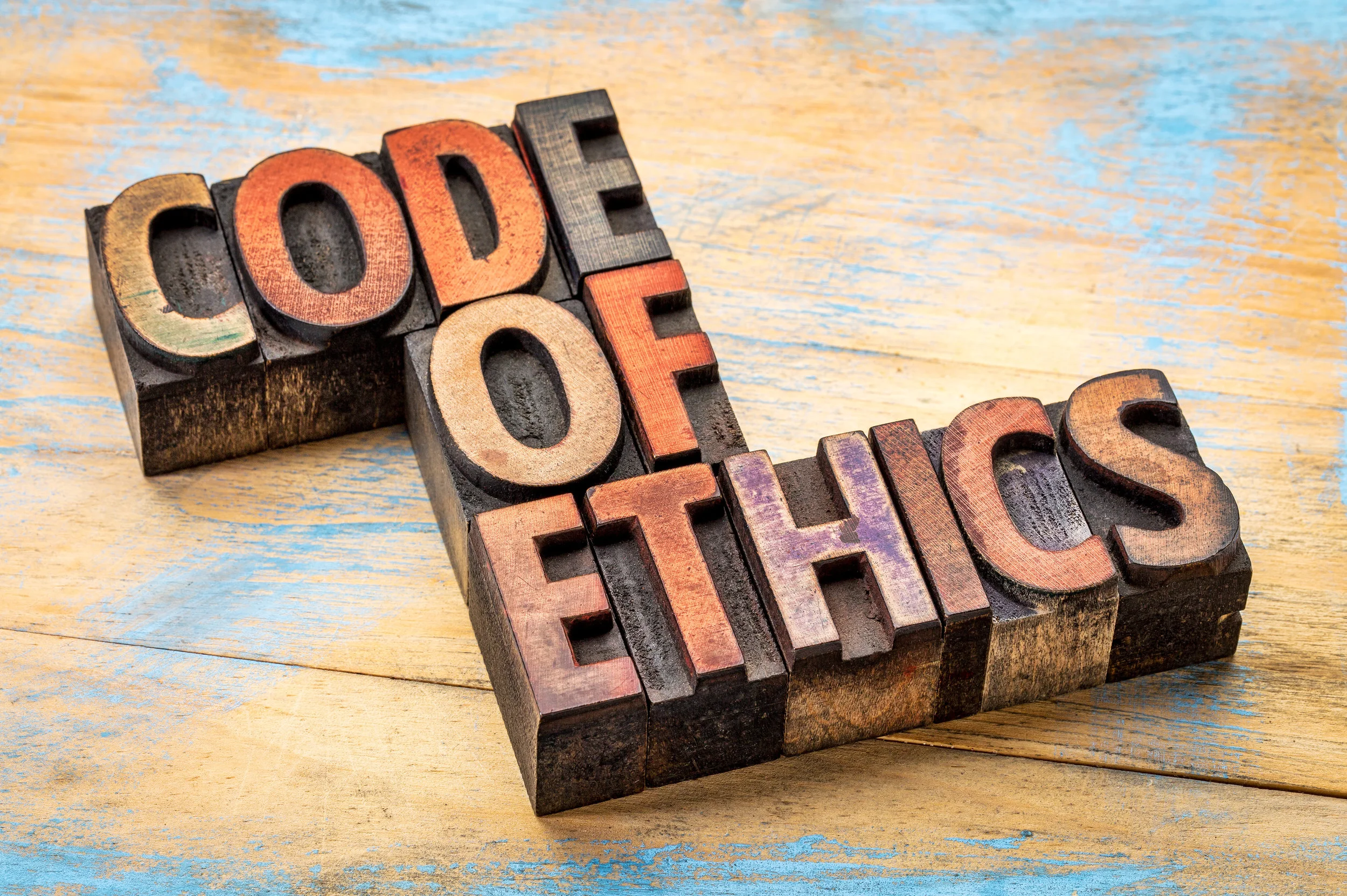ISSAI 30 - NEW AND REVISED INTOSAI CODE OF ETHICS
Public assets/resources and their management are critical for the ability PASAI is aware that some of our members do not have a Code of Ethics, or they refer to the Public Service Code of Ethics and some refer to INTOSAI Code of Ethics. Therefore, this article is to shed awareness about the new INTOSAI Code of Ethics, which has been revised since the original code was adopted in 1998.
At the December 2016 XXII INCOSAI in Abu Dhabi (December 2016) a new Code of Ethics was adopted with the main difference to the old code being the inclusion of the SAI perspective (as an organisation) alongside the perspectives of individual staff members, auditors and non-auditors alike. This inclusion was aimed at emphasizing SAI responsibilities with regard to ethics, since individual ethical behaviour depends not only on the individual, but also the environment within which they work.
“SAIs are held to high expectations and must earn the trust of stakeholders…Therefore, they need to act as model organisations and inspire confidence and credibility...
ISSAI 40 Preamble (1)”
In the revised INTOSAI Code of Ethics, ethical values are the key concepts of what is important, what should drive decisions for the organisation and staff. There are five defined values for SAIs:
1. Integrity
To act honestly, reliably, in good faith and in the public interest.
2. Independence and Objectivity
To be free from circumstances or influences that compromise (or may be seen as compromising) professional judgment to act in an impartial and unbiased manner
3. Competence
To acquire and maintain knowledge and skills appropriate for the role, and to act in accordance with applicable standards with due care
4. Professional behaviour
To comply with applicable laws, regulations and conventions and to avoid any conduct that may discredit the SAI
5. Confidentiality and Transparency
To appropriately protect information, balancing this with the need for transparency and accountability that may discredit the SAI
PASAI members are encouraged to develop or adopt a code of ethics and an appropriate control system to implement it. It is understood that a code can never address all ethical circumstances that will arise in practice, however every SAI should ensure staff are reminded of these codes which will contribute to the long standing good reputation of the SAI to lead by example for the rest of the public service.








